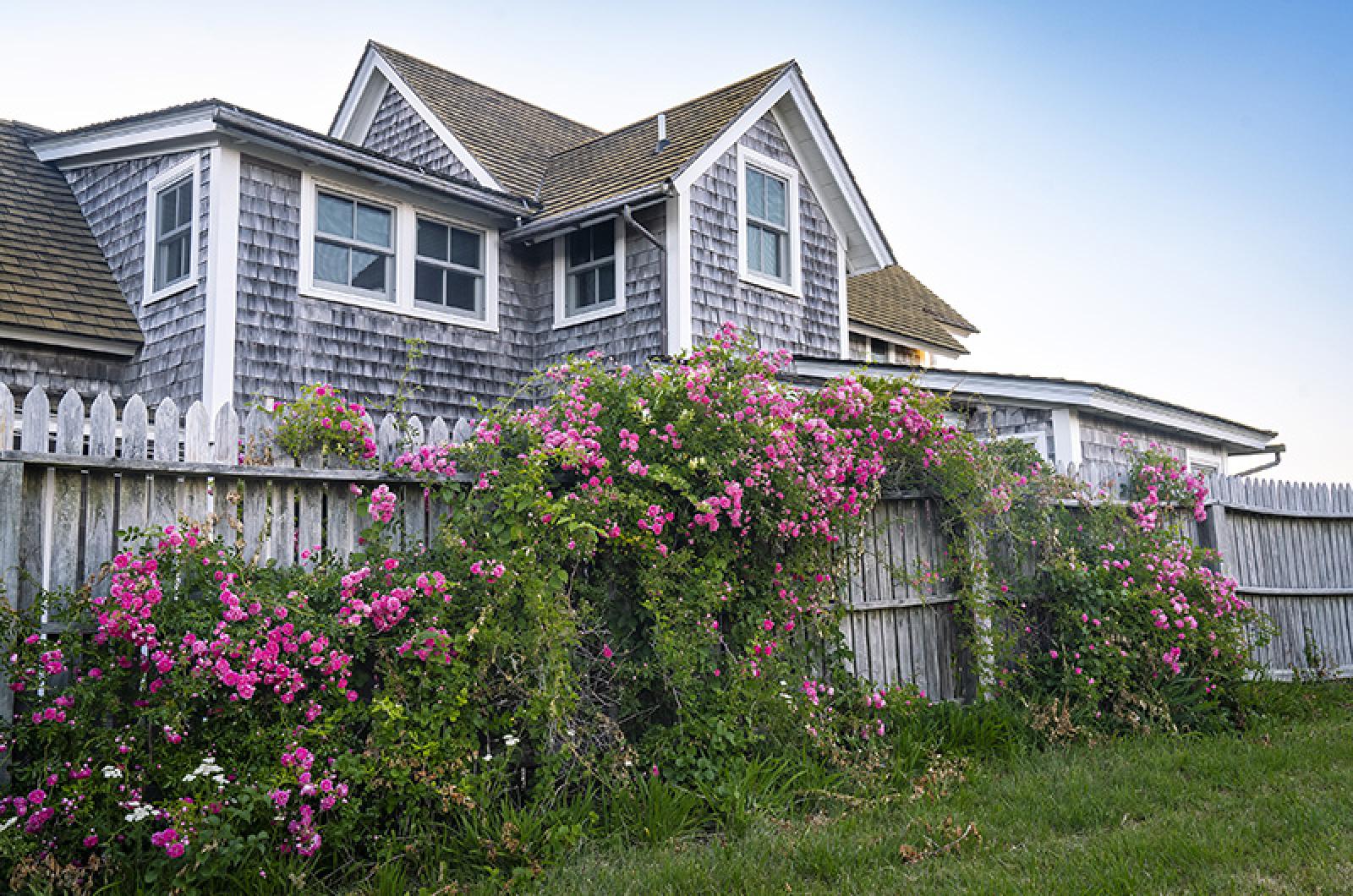In late May, as the grass on our tiny lawn grew unusually high, I asked my husband if he was participating in No Mow May. He said no, he hadn’t mowed the lawn yet because our electric lawn mower wasn’t working.
There are three key points in the above paragraph. We have a small lawn, there is a thing called No Mow May, and electric lawn mowers exist (and generally work very well).
We have a small lawn because, well, we have a small yard. But did you know that large, plush green lawns, which used to be considered status symbols, are now a symbol of climate distress. The natural world is suffering from the impacts of a warming planet and lawns are not helping.
Lawns have next to no natural value. They make up about forty-million acres of land in the United States, land that could be bursting with life. Lawns don’t attract wildlife, support pollination or promote biodiversity. They don’t filter rainwater or control erosion anywhere near as well as native plants, shrubs and trees.
If you are concerned about climate change and are fortunate enough to own land on the Island, you can make positive difference by reducing your lawn size. A place to start is the Polly Hill Arboretum website (pollyhillarboretum.org) which offers a Martha’s Vineyard plant selection guide.
Then there is the Natural Neighbors program, supported by BiodiversityWorks and the Village and Wilderness project, where you can receive customized recommendations for improving the natural benefits of you land. At a climate action week event this spring, program director Angela Luckey said that meadows absorb 70 per cent more carbon than turf grass.
The goal of No Mow May was to create habitat and forage for early season pollinators. It’s baby step toward creating a healthier environment on your land.
Electric lawn mowers do not use fossil fuels and thus do not emit greenhouse gases. Lawn maintenance consumes over two hundred million gallons of gas every year — fossil fuels that are heating up the planet. Seventeen million gallons are spilled each year during lawn maintenance.
And while we’re on the subject of lawns and climate change, here’s a wake-up call: lawn irrigation in the United States uses up a third of all residential water. Much of that water does not seep back into the ground; it runs off into the road and pollutes water bodies. On the Island our fresh water, our drinking water, comes from one sole source aquifer. We are told we have ample fresh water, but between ever-growing development, increasing drought, and the proliferation of lawn irrigation, that may not always be the case. Water scarcity is becoming a major worldwide climate concern. We ought to nurture our fresh water supply.
Mental health experts say that if you’re anxious about climate change the best thing to do is take action. Reducing your lawn size is one positive step you can take that will benefit the Island community as a whole.
Come on, let’s do it! Lawns are old fashioned, they are so Twentieth Century.
Elizabeth Durkee is the climate change planner for the Martha’s Vineyard Commission.




Comments (4)
Comments
Comment policy »